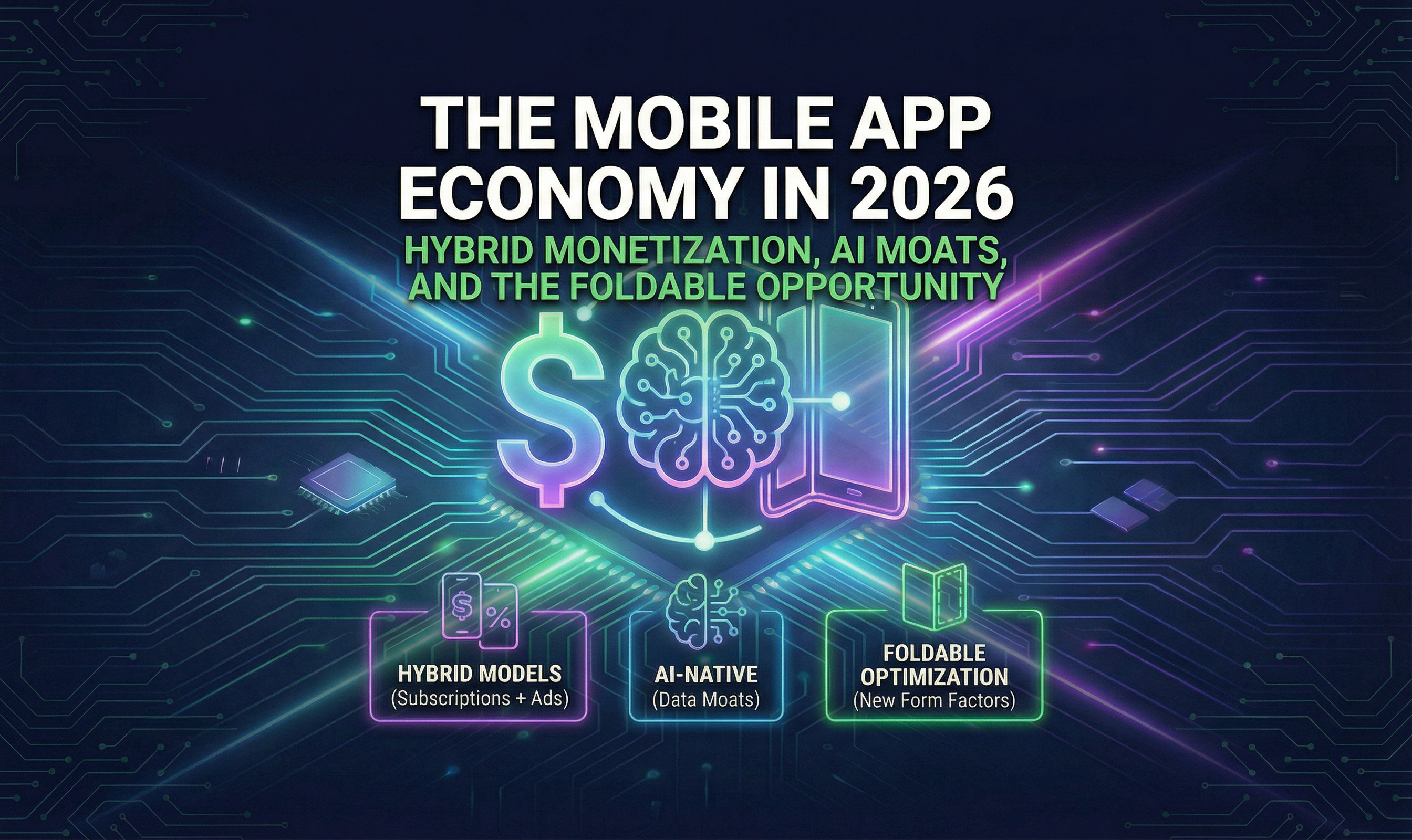William Whyler is the Engagement Manager at Human. Human is a digital transformation and strategy consultancy supporting SME’s to unlock game-changing productivity in their businesses.
In a world of trillion-dollar companies, your reputation is still your most valuable asset - and tech companies aren’t doing enough to protect it.
Take Facebook for example. The world’s largest, arguably most influential social network has permeated every aspect of our lives. It’s bullish size and strength had protected Facebook from much meaningful (often valid) criticism as we all enjoyed the services it offered us.

Yet as we all unloaded more and more personal data in Facebook's greedy gob – few people thought it would be used as so nefariously against us. Cambridge Analytica harvested 87 million Facebook profiles to target voters, influence their choices, and ultimately subvert democracy in favour of Donald Trump.
No longer too big to fail, this has had staggering ramifications for Facebook. 20% ($120B) of their share value wiped, millions of users leaving the platform, and the launch of the biggest PR campaign in their history - arrogantly trying to gloss over this breach of trust with reminders of the “good times”.
Facebook isn’t the only one struggling to save face in a tech culture that has put profits first, and user security second. Intel and other processor manufacturers have had to admit that every computing device is vulnerable to the Spectre exploit which breaks device security. HP research found that 100% of the IoT devices they tested had “significant vulnerabilities”. It might be funny to think of your smart TV, virtual assistant, or even your thermostat as a security compromise - but it’s this lazy approach to security by device manufacturers that has exploited user trust.
Now there are whole industries springing up around technologies that promise (and seem to deliver) unbreakable security, and ultimately peace of mind. The seemingly unstoppable take over of blockchain and related technologies like cryptocurrencies is based on the fundamental trust these platforms deliver.
This hasn’t gone unnoticed by consumers and traditional financial operators alike as the total value of bitcoin is predicted to rise to $4 billion. However, even these technologies are not immune to a breach of trust - in the first 6 months of 2018 a staggering $761 million of Bitcoin was stolen from Bitcoin Exchanges (think of these like bank accounts).
With all of this in mind and knowing no one can be trusted totally - where does that leave us? In an increasingly unstable world politically, as well as seeing our biggest private institutions falter you can’t blame people for feeling uneasy about trusting anyone.
What is there to do if you’re a brand trying to build trust with your consumers? You can’t just avoid using digital technologies in your business; the benefits of them remain undeniable. Here at Human, we’re obviously always advocating for significant, meaningful digital transformation.
Here’s our approach:
- Design with security in mind. User protections need to be woven throughout the project to be effective, not tacked on at the end.
- Be transparent about the data you’re collecting and how you’re using it. Who uses this data in your organisation, and are they doing so responsibly?
- When something goes wrong (and it will), be proactive and honest about it to mitigate the damage. Waiting months to announce to users that their personal data has been compromised is unacceptable.
The best businesses will see the public’s fragile trust as an opportunity to reflect and double down on meaningfully protecting their users. The worst will use it to make a quick buck exploiting public mistrust in security, whilst doing little about it themselves.
Security and trust are highly complex issues with no right or wrong answer. There is, however, a right or wrong attitude to take towards dealing with the challenges they present - which one is dominating your business? Your future depends on it.








